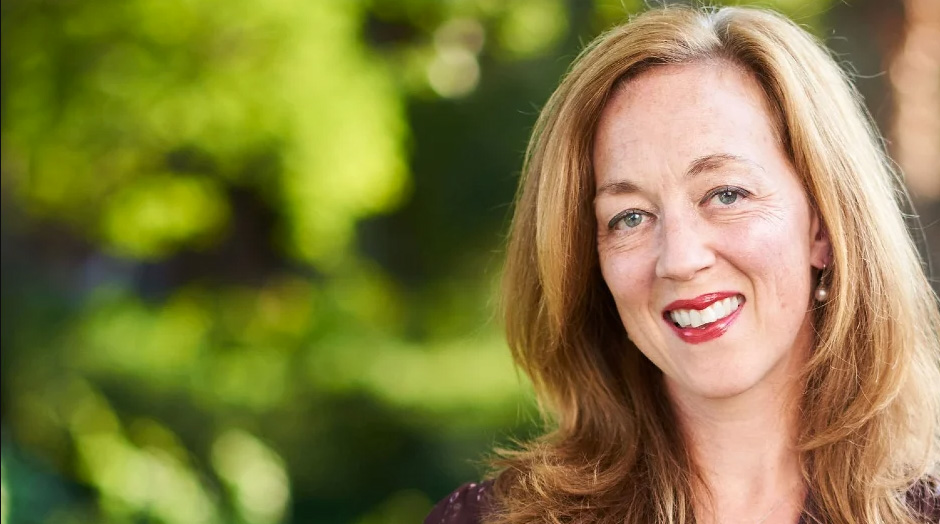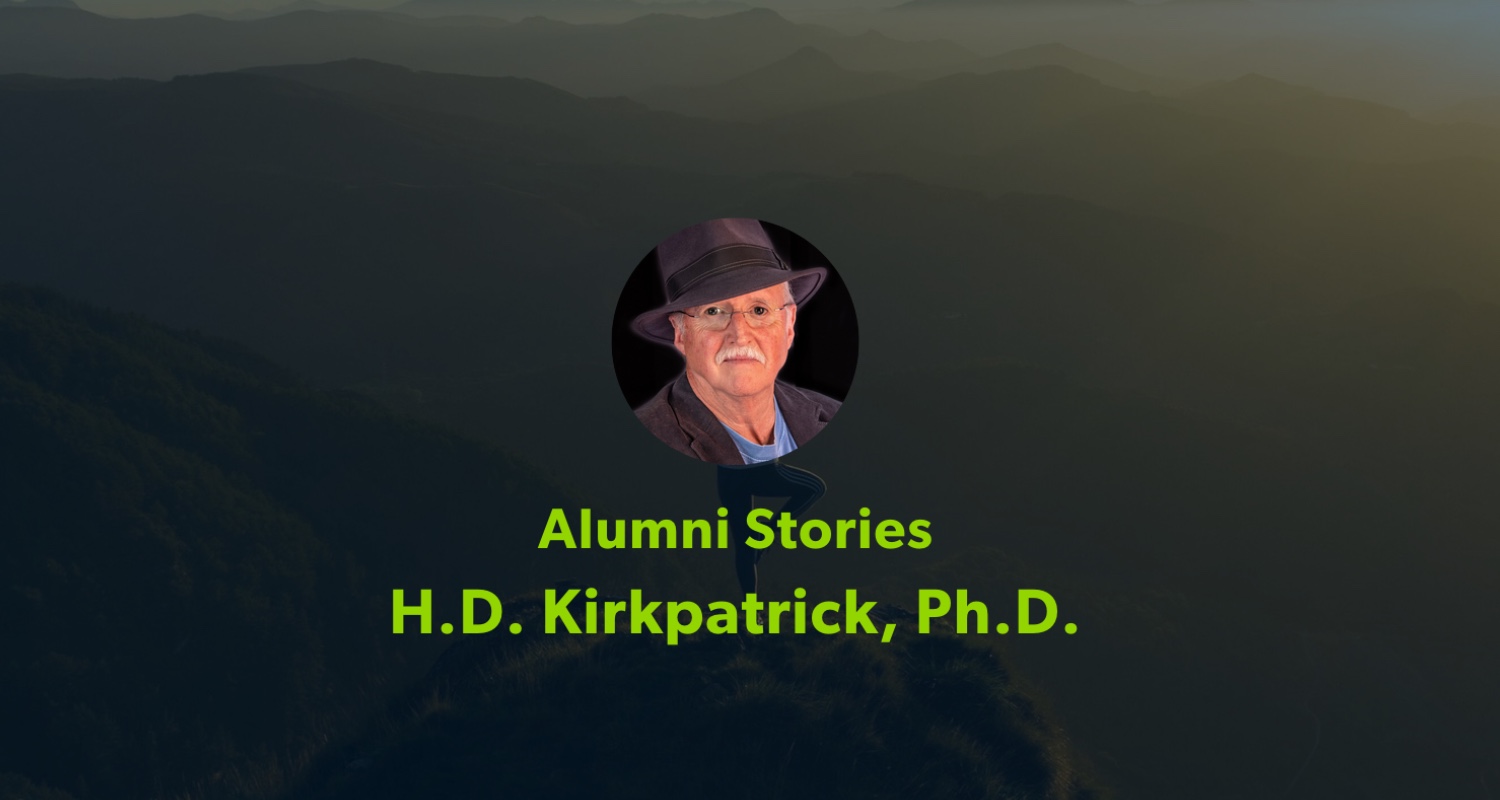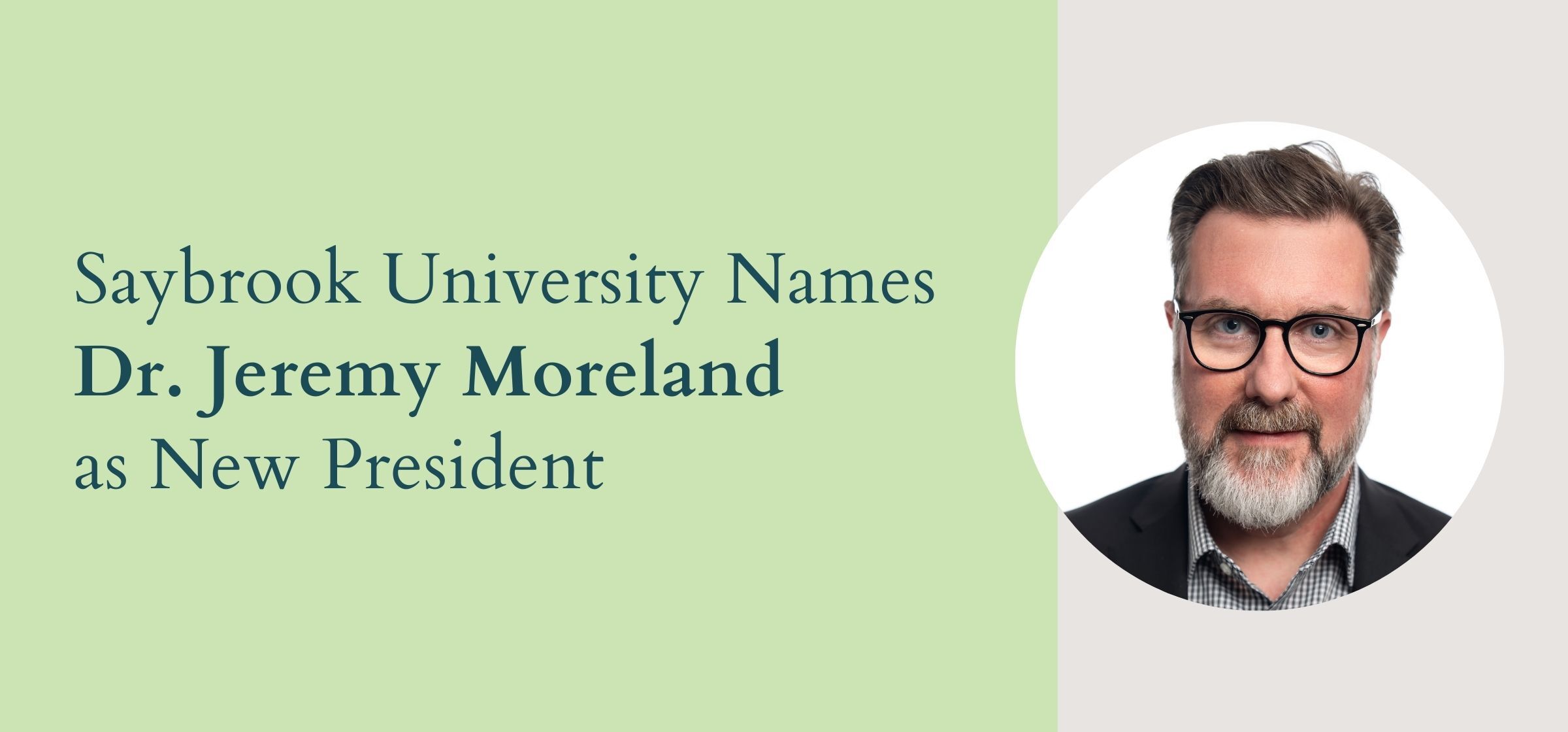Allison Winters Fisher
Ph.D. Mind-Body Medicine: Healthcare Systems Specialization, 2019
"I may not have experienced war firsthand, but I have certainly felt the range of human emotion. Our emotions are what connect us. We are all living, breathing, moving human beings."
Empathetic Service
I grew up dancing, so dance has always been a really important part of my life. When I was in college, I became interested in psychology, but I didn’t really want to leave dance behind. I ended up marrying the two.
It is a common misconception that dance movement therapy (DMT) has to do with dance in the traditional sense—that is learning a specific sequence of movements within the style of a particular dance technique such as ballet or modern dance. In actuality, DMT is about being with the patient—wherever they are—and moving with them in a way that is meaningful. What makes it therapy, and not just dance, is the relationship between the patient and the therapist.
My first job as a dance/movement therapist was facilitating groups on inpatient psychiatric units in a hospital in New York City. It was exhausting but fulfilling. Joining my patients on their journeys taught me how to be empathic; they taught me much of what I understand today about the human condition. We use movement and the body as a way to process, as a way to express, as a way to work toward goals. It can look very different from person to person. It may be as subtle as focusing on your breath, using your breath to help relax yourself. I’ve also had clients during which we may be talking through part of their story or an issue that they’re working through, and we’ll move together. The dance therapist is then there to guide the client through the process.
When I started pursuing a career as a dance therapist, I didn’t know that I wanted to work with the military and veteran community. Yet when I began working with veterans, I felt this connection that I could not ignore. I may not be serving in the military in the traditional sense, but it is my hope that I am able to help veterans find a sense of peace and healing.
Later, when I was working as a DMT in the Community Living Center of a local Veterans Affairs medical center, I met a man who happened to be on the same aircraft carrier as my grandfather during World War II. Our talks helped me come to realize my personal duty to serve those who have served.
When working for a military medical facility in San Diego, my patients were active-duty military members, many of whom were receiving treatment for multiple diagnoses, including substance abuse, depression, anxiety, and PTSD. I supported their therapeutic goals by teaching them mind-body skills that they could carry with them and utilize wherever missions might take them.
This was also the time in my career when Saybrook University and I found each other. As I was moving, breathing, and exploring with military soldiers, I also was undergoing my own training, deepening my knowledge and understanding of mind-body skills alongside my own army of wellness warriors.
I have now had the opportunity to create and implement a mind-body program at the integrative traumatic brain injury treatment program where I currently work with active-duty service members. As I helped them build their health and wellness skills, I continued to build my own as well. I may not have experienced war firsthand, but I have certainly felt the range of human emotion. Our emotions are what connect us. We are all living, breathing, moving human beings. These are the truths I strive to honor through my work in DMT.
Since the pandemic started, I have been part of a resiliency initiative at a hospital called Operation OASIS that provides virtual offerings to help build resiliency in the community. Offerings include meditation, yoga, and creative arts among others. I specifically offer sessions on breathing techniques, yoga, and guided meditation. In the fall of 2020, I received a civilian achievement award from the Department of Defense for the work I have been doing on this project.
I am both honored and humbled to serve those who serve.
Find Out More
Recent Posts






























